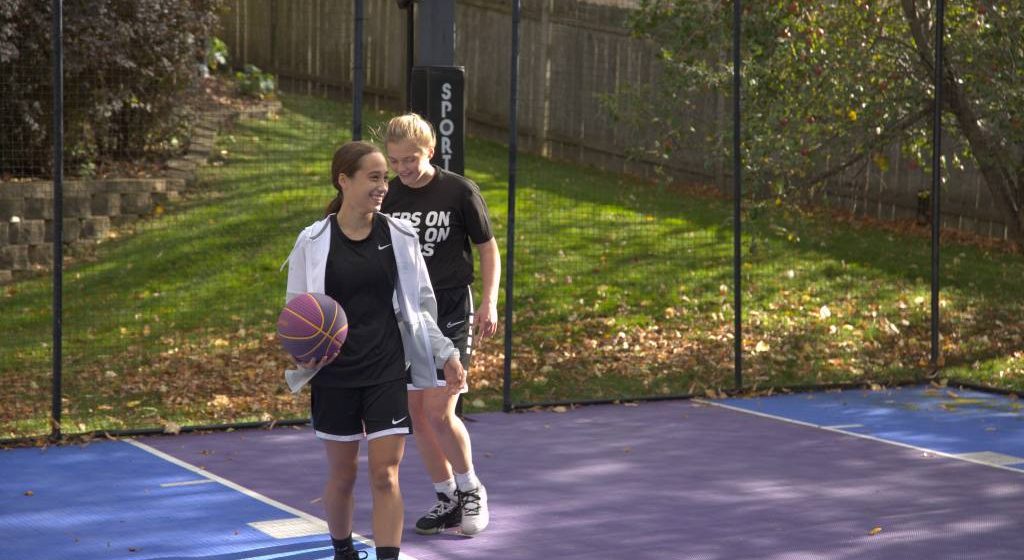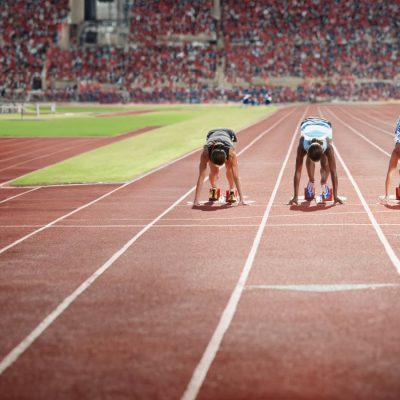A positive mindset is a powerful tool in sports, often making the difference between a good athlete and a great one. It’s more than just staying upbeat; it’s about cultivating a resilient, confident, and focused mentality that propels you toward success. In the world of sports, where the mental game is just as crucial as the physical, building a positive mindset can elevate your performance, help you overcome obstacles, and enhance your overall experience as an athlete. This guide explores essential strategies for developing a positive mindset that will not only improve your game but also enrich your life.
Embrace the Power of Positive Thinking
Positive thinking is the foundation of a successful mindset in sports. It’s the practice of focusing on what you can do rather than what you can’t, and believing in your ability to achieve your goals. Positive thinking doesn’t mean ignoring challenges or pretending everything is perfect; instead, it’s about facing difficulties with a constructive attitude and viewing setbacks as opportunities to learn and grow.
To cultivate positive thinking, start by setting realistic goals and visualizing your success. Picture yourself succeeding in your sport, whether it’s scoring a goal, crossing the finish line, or executing a perfect play. This visualization not only boosts confidence but also prepares your mind to recognize and seize opportunities during competition. Additionally, practice affirmations that reinforce your belief in your abilities. Phrases like “I am strong,” “I am capable,” and “I can overcome challenges” can significantly impact your mindset, helping you stay positive even in tough situations.

Develop Resilience Through Adversity
Resilience is a key component of a positive mindset, especially in sports, where challenges and setbacks are inevitable. Resilient athletes don’t let failures define them; instead, they use them as fuel to come back stronger. Developing resilience involves embracing adversity, learning from mistakes, and maintaining a focus on long-term goals despite short-term disappointments.
To build resilience, it’s important to reflect on past experiences where you’ve faced challenges and emerged stronger. Identify the lessons you learned and how those experiences shaped your growth as an athlete. Additionally, practice staying calm and composed under pressure. When things don’t go as planned, take a moment to breathe, reassess, and refocus on what you can control. Over time, this approach will strengthen your ability to bounce back from setbacks, making you a more resilient and mentally tough athlete.
Foster a Growth Mindset
A growth mindset, a concept popularized by psychologist Carol Dweck, is the belief that abilities and intelligence can be developed through effort, learning, and persistence. In sports, a growth mindset means understanding that talent is just the starting point, and continuous improvement is the key to success. Athletes with a growth mindset embrace challenges, persevere in the face of setbacks, and view effort as the path to mastery.
To foster a growth mindset, focus on the process rather than just the outcome. Celebrate small victories, such as improving your technique, increasing your stamina, or mastering a new skill. Recognize that mistakes and failures are part of the learning process, and use them as opportunities to grow. By shifting your focus from winning to improving, you’ll build a mindset that thrives on continuous development, leading to sustained success in your sport.
Surround Yourself with Positivity
The people you surround yourself with can greatly influence your mindset. Positive, supportive relationships are essential for maintaining a healthy, constructive attitude toward your sport. Whether it’s coaches, teammates, or friends, being around people who encourage and uplift you can significantly impact your mental and emotional well-being.
To cultivate a positive environment, seek out mentors and teammates who share your commitment to growth and positivity. Engage in constructive feedback sessions that focus on learning and improvement rather than criticism. Additionally, practice gratitude by acknowledging and appreciating the support and encouragement you receive from others. By surrounding yourself with positivity, you’ll create a nurturing environment that fosters your development as an athlete and helps you maintain a strong, positive mindset.
Conclusion
Building a positive mindset is an ongoing process that requires dedication, self-awareness, and a commitment to growth. By embracing the power of positive thinking, developing resilience, fostering a growth mindset, and surrounding yourself with positivity, you’ll not only enhance your sports performance but also enrich your overall experience as an athlete. A positive mindset will equip you with the mental tools needed to face challenges head-on, stay motivated, and achieve your goals with confidence. Whether you’re a seasoned competitor or just starting, cultivating a positive mindset is essential for long-term success and fulfillment in sports.





